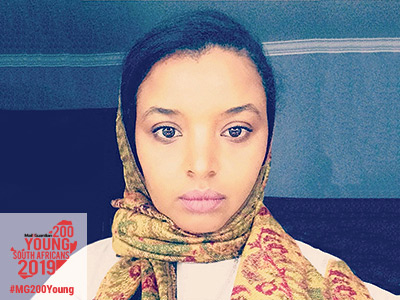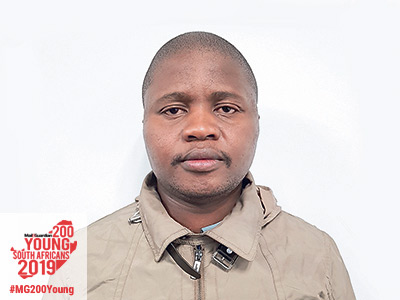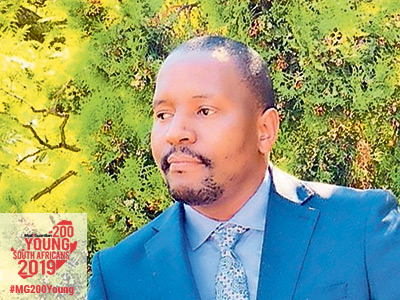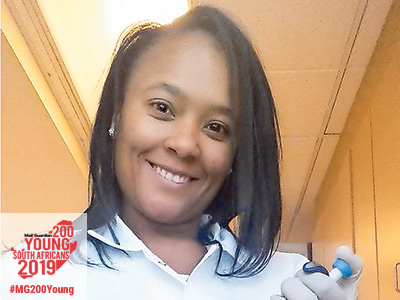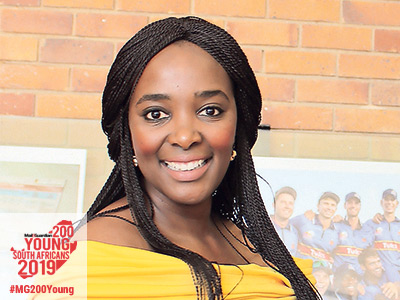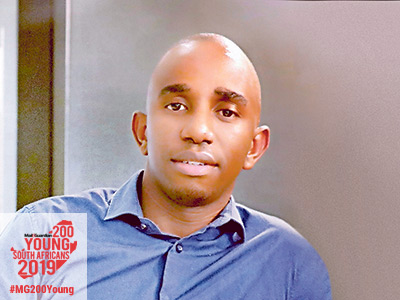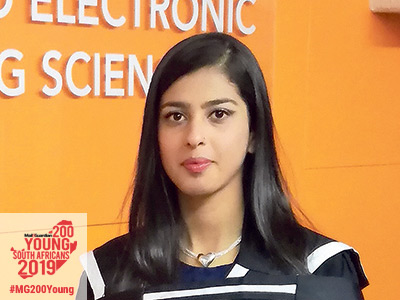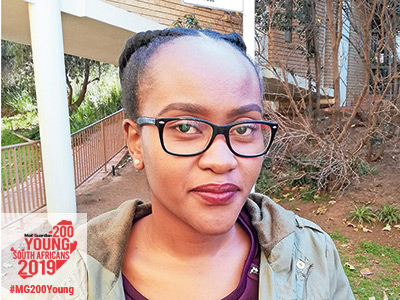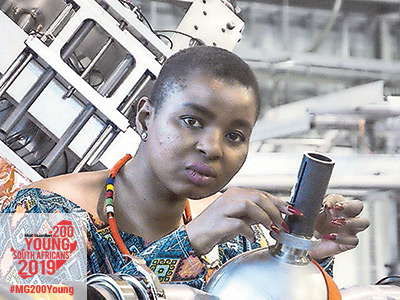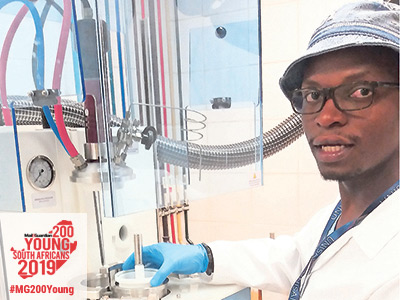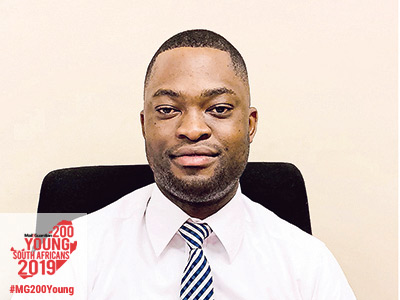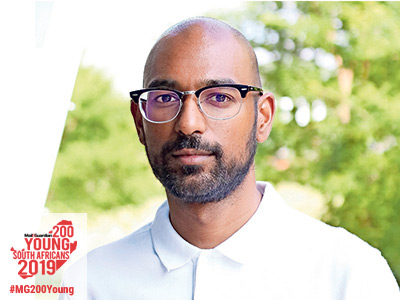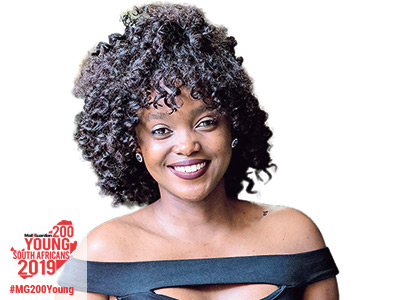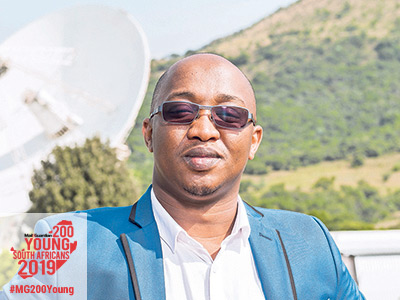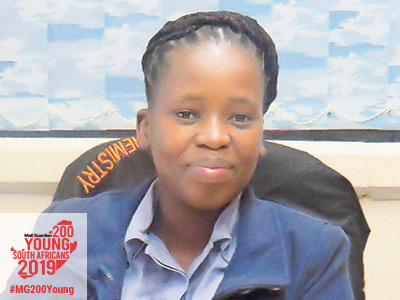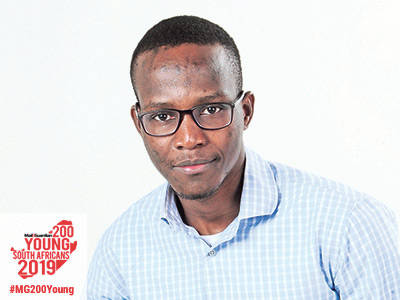Earlier this year, Sorene Shifa addressed a group of 43 young girls at a gaming and cyber security training camp for the African Girls Can Code Initiative in Pretoria.
“I told them that cyber security is not just about coding and hacking,” she says. “When I told them that it is not just for white men, they laughed because that is what we are all used to seeing.”
Shifa stresses that there are many aspects to cyber security that require different skill sets. “We need people to create policies on cyber security, and we need data scientists and lawyers who understand policies and laws around cyber security, but also understand how things work on the internet.” Shifa says that she has always loved to challenge herself and do things that go against people’s expectations of her. She moved to South Africa when she was 17 and has half-Ethiopian and half-Eritrean heritage. She studied software development at Bond University and completed honours and master’s degrees in information and cyber security at the University of Johannesburg. In addition to studying information law at the University of Geneva, Shifa has numerous accreditations in internet governance, information systems and cyber security. Shifa has served in different leadership positions including as an information systems officer and a technology analyst at the UN’s International Telecommunication Union in Switzerland. In 2015, she founded Cyber Czar, a cyber security firm that aims to protect the most vulnerable against cyber crimes and create a culture of cyber security in South Africa. Cyber Czar also advocates for equal opportunities for women in the ICT eco-system by inspiring girls to pursue studies and careers in the field of ICT and cyber security. Cyber Czar serves as a platform to empower African girls with pertinent and quality skills in order to remain relevant and become the beneficiaries of the knowledge-based economy.
“I don’t like the term ‘women empowerment’ — I think we are already empowered. What we need is opportunities and exposure to different possibilities.” Shifa also believes in the power of ICT to open doors to opportunities.
“ICT is not something we can avoid, even if we want to,” she says. “It is everywhere now, whether you want to work in biology or engineering, it is part of everything. And we need to expose girls to it very early.” – Itumeleng Molefe
LinkedIn: Sorene Assefa
